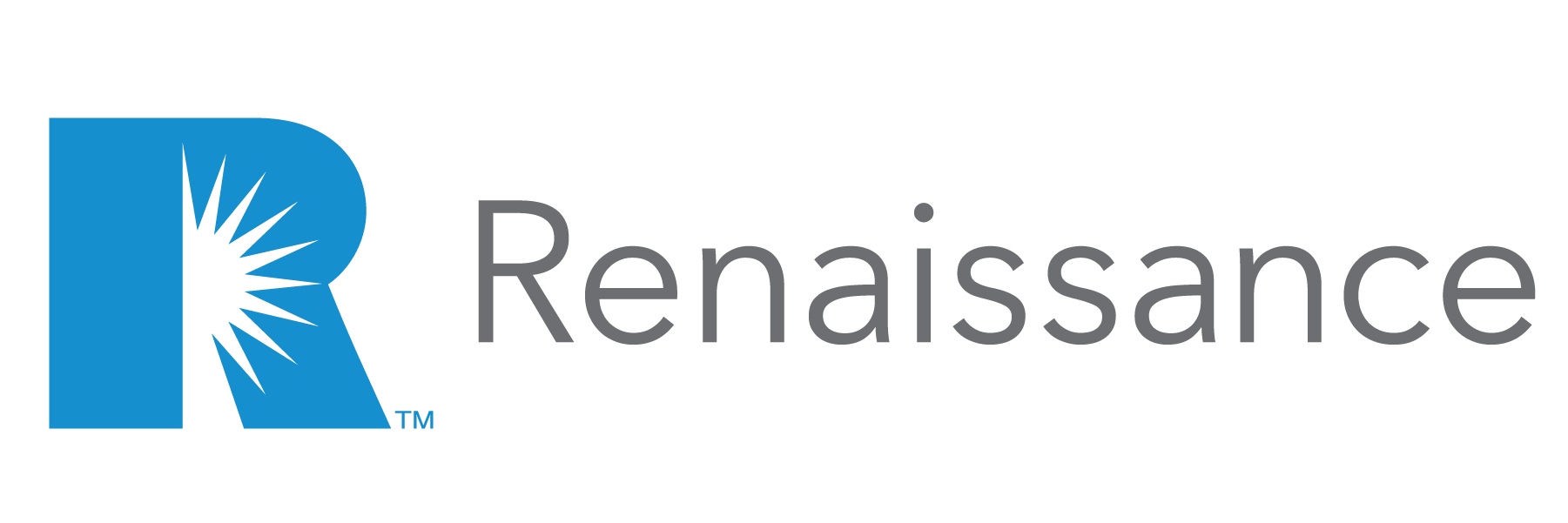We recently sat down with Frank Mancini, former CEO of the Massachusetts Association of Insurance Agents, for a great conversation about the challenges today’s insurance agents are facing, the role they play in the industry, and the tremendous opportunities for growth he sees in their future.
Hi, Frank. Thanks for joining us today to give an update on what you’ve been up to and the state of the independent agency system today.
My pleasure.
Since retiring as MAIA’s President & CEO almost 4 years ago, what have you been up to?
Well, I’ve been doing a number of different things. My wife retired 7 years ago, so we immediately increased our travel schedule. We’ve been to many destinations in the US, Europe, Central America and other locations.
I’ve joined a couple of non profit boards, specifically helping in the areas of housing and food distribution.
I’ve also enjoyed increasing my exercise. I walk 4 to 5 miles every day, and enjoy riding my bike outdoors in good weather. Our house is a quick 5 minute walk to the beach, so I do that a lot.
I’ve also been doing some work for Renaissance Alliance.
What’s your favorite place you’ve traveled to?
We’ve been going to Hilton Head, South Carolina for over 30 years. We started with the kids when they were growing up, and we still go back for a few weeks every year in April/May. Unfortunately we had to cancel our trip this year due to COVID.
That’s too bad. COVID has certainly been a challenge for all of us, including agents. What are the biggest trends you see in the independent agency system today?
The independent agency system has been changing for a number of years. When I started my insurance career with MAIA in 1974, the “demise of the independent agent” was widely talked about. It’s still talked about, but 46 years later, the independent agency ecosystem is still vibrant and viable in MA. I continue to believe it is the heart of the insurance ecosystem, and remain a strong supporter of independent agents.
There are certainly some challenges. We’ve seen an increase in the number of outside MA companies challenging market share, especially direct writers. There are a great deal of online carriers who seem to think they can do a better job for consumers than agents can. Finally, we have an aging independent agency population. When I retired 4 years ago, the average age of independent agents was 56 years old countrywide. I venture that’s even higher in MA. It’s been an issue for many years to find qualified individuals to work in agencies. MAIA has been working on this, Renaissance Alliance has been working on this, as well as others to try to find and train individuals to work and succeed in the independent agency system.
What do you think are the biggest challenges agency owners are dealing with today?
The biggest is growth. It’s not enough to stay flat or grow a point or two a year today.
Next, is the ability for owners to develop a perpetuation plan. When I was with MAIA, that was one of the big issues I’d work with member agents on. Finally, as already mentioned, is finding qualified people to work in agencies.
How do groups fit into the insurance ecosystem?
I was always a big supporter of agency groups and networks because I saw them as an avenue for independent agents to remain viable and independent, instead of being forced to merge, sell or go out of business. There is a major role for networks in the marketplace.
How is this different today than 5 years ago?
More and more agencies are becoming members and see the value of agency networks – markets, profit sharing or commission enhancements, and other advantages. This is true across the board, but particularly with larger agencies as well. One of the other changes I’ve seen is that many MA agents are looking outside of MA for help with networks. MA has great networks agencies should be looking at instead of national brands that I don’t think help them as much.
Why should an agency owner consider joining a group?
I don’t think there’s one answer because every agency is different and has different needs. For some, it’s market access. Others, being able to access profit sharing plans they don’t have the volume to access as a standalone agency today. Then there are agencies that are looking for additional help with their businesses. I think that’s where Renaissance sets themselves apart from other networks with all the value added services they provide their members, particularly in the area of growth. Many agencies are struggling to grow for a variety of reasons, even before COVID. Renaissance’s value added services help agencies with their growth.
Why should an agency owner consider Renaissance versus other groups?
My opinion is that what sets Renaissance apart from other groups is their ability to help members grow by using the value-added services they provide their members. During my time at MAIA, I had the opportunity to view many of the groups in MA, New England and around the country. The value-added services and 80+ staff Renaissance has to assist their agency members is very unique. They help in many different aspects of their operations – growth, technology, account placements, etc. Which is why it’s no surprise then that Renaissance members grow at 2-4 times the average rate. It’s important when an agency considers joining a network that they look beyond the profit sharing financial aspects – what else does the agency network provide?
I think agents will find the services Renaissance provides will help their agency in a variety of ways, in particular to grow faster.
Why did you get involved with Renaissance?
My wife told me to go get a job. Just kidding. As I mentioned before, I’ve been a supporter of networks throughout my career. As CEO of MAIA, I had the opportunity to get to know all of the networks that operate in MA. I view Renaissance as a step above all the others. For some agents, what other networks provide might be enough. I see Renaissance as an organization that provides a lot of additional value to members beyond the expected standard profit sharing increases and market access. Renaissance helps agencies to remain even more independent than on their own.
What advice do you have for agency owners today?
Agency owners need to be nimble and adjust to the rapidly changing marketplace. I don’t contend to be on top of things as much as when I was MAIA’s CEO, but it’s not hard to see that independent agents have a great deal of competition today and need to adjust their agency plans to overcome the competition, grow their agency and succeed. Renaissance is the perfect solution to help agency owners not just survive, but thrive, today and in the future.
COVID has been a challenge in many ways. I’m sure many people are sad they won’t be able to stop by the Renaissance booth at the Big Event to say hi to you. How can they get in touch?
I’d love to reconnect with old friends and/or agencies that want to learn how Renaissance can help them. You can email me at frank.mancini@reninsdev.wpengine.com and set up a time to chat.
Renaissance will also have a virtual booth at the Big Event this year. Come check us out.
More about Frank:
Frank Mancini began his career as an alderman in Somerville, Massachusetts. In the early 1970s, he served as an administrative assistant for the Committee on Insurance in the Massachusetts House of Representatives.
From 1974 until 1988, Frank was Director of Government Affairs for Independent Insurance Agents of Massachusetts. He then served as Counsel and Corporate Secretary for the National Committee on Property Insurance until 1994. From 1994-2016, Frank was President and CEO of the Massachusetts Association of Insurance Agents, a position that affords him a unique and incomparable perspective on the Bay State insurance industry and the role of the independent agent.
Frank holds a J.D. from Suffolk University School of Law and a master’s degree in political science from Tufts University. He also holds a Bachelor of Science in Education and History from Boston State College.




